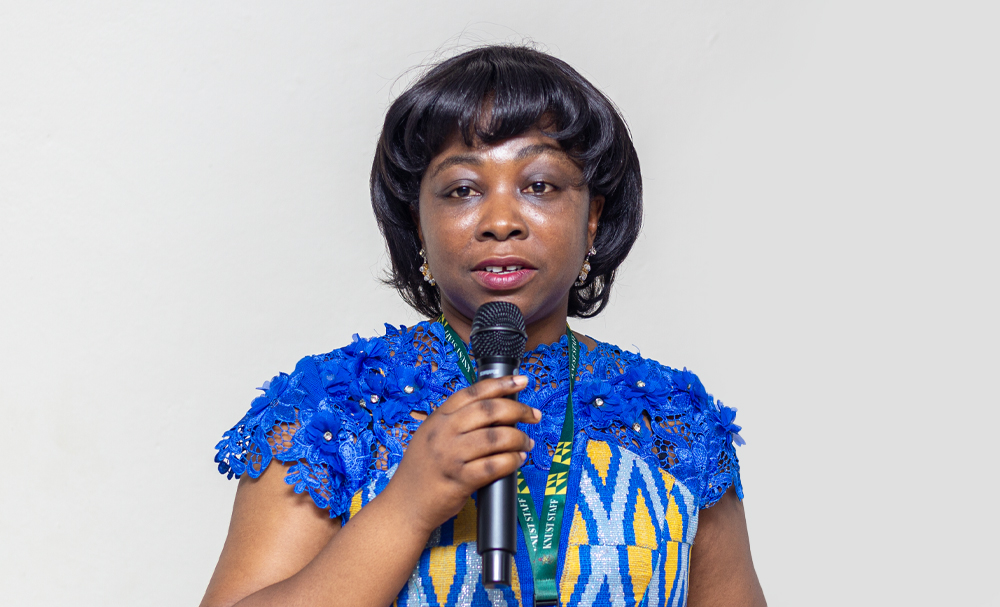The Kwame Nkrumah University of Science and Technology (KNUST) Counselling Centre, in collaboration with Grow, Unite, and Build Africa (GUBA), has launched the “Autism: I Am Not a Stigma” initiative to promote autism awareness and combat stigma.
The event organised by the Directorate of Student Affairs and supported by the Mastercard Foundation Scholars Program KNUST is themed “Celebrating Differences”. It aimed to raise awareness, promote inclusion, and challenge the stigma surrounding autism.

Professor Marian Asantewah Nkansah, Director of Student Affairs, emphasized the university’s dedication to creating a supportive environment for all students, including those with disabilities. "Today, we gather to amplify the voices of individuals with autism, challenge stereotypes, and foster a culture of empathy and understanding," she said.
Professor Nkansah highlighted KNUST’s strides towards inclusivity, noting the establishment of the Student Welfare and Disability Assistance (SWDA) initiative under the Office of the Directorate of Students Affairs, and the introduction of the Ambassadors of Student's with Disabilities (ASWiD) model, inspired by the Mastercard Foundation Scholars Program ambassador concept.
Representing the KNUST University Hospital, Dr. Elizabeth Oppong-Kyekyeku provided insight into the medical perspective on autism.
“Autism is a spectrum disorder known as Autism Spectrum Disorder (ASD), and it has a wide range of symptoms,” she explained.
The event featured a panel discussion. Ms. Akua Afriyie Addae, a clinical psychologist and Head of Training and Internships at the KNUST Counselling Centre; Dr. Neta Kris Abiana Parsram, a medical doctor; and Derrick Frimpong, a special educator at AI Royan International School, explored various ways of supporting the initiative.
Ms. Akua Afriyie Addae observed a general lack of awareness about the condition among teachers. She suggested including autism management in the curricula of teacher training institutions.
“Teachers in both public and private institutions often lack knowledge about autism, so training on how to handle such students should be included in the Colleges of Education syllabus,” she said.
Dr. Parsram recommended using storytelling as a tool to address autism-related issues.
“I believe that one of the most impactful approaches we can take is to use storytelling to bring insight,” she said.
Mr. Derrick Frimpong also advocated for highlighting the accomplishments of successful individuals born with autism.
“I believe one thing we can do as a community is to empower autistic persons who have achieved significant feats. This, I believe, will help dispel the negative stereotypes associated with autism,” he noted.

















